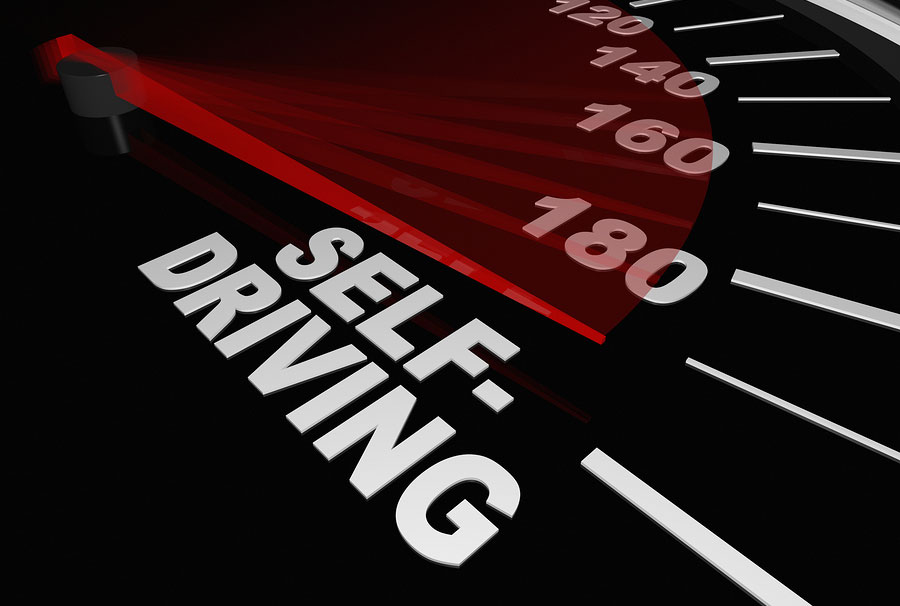
Robohub.org
New laissez-faire robocar rules may arise

While very few details have come out, Reuters reports that new proposed congressional bills on self-driving cars will reverse many of the provisions I critiqued in the NHTSA regulations last year.
One big change is a reversal of the new idea of pre-market regulation. Today, new car technologies are not regulated before they are deployed, but NHTSA proposed giving itself the power to regulate technologies even before they exist. Currently, most car technologies like adaptive cruise control, autopilots, forward collision avoidance, lane keeping and the like remain unregulated after a decade or more of deployment with few, if any, problems.
This is important because the old doctrine of “we don’t regulate until we see a problem the industry won’t fix on its own” is a much better one for innovation, and the speed of innovation is key in deciding which countries and companies lead this technology. The opposite approach of “we try to imagine what might go wrong and ban it ahead of time” may seem safer, but it’s definitely an impediment to innovation and may actually result in far more deaths through the delay of life-saving technologies.
Harder to judge is the preemption of state rules. While states are also attempting to pre-regulate, having a laboratory of 50 different competing states can also be good for innovation on the legal side. There is not one answer, and while it’s more complex to deal with 50 sets of regulations instead of one, it’s not that much more complex.
One of the few interesting and good ideas in the NHTSA regs may also vanish. NHTSA wanted all vendors to make available all sensor logs from all incidents. As I predicted, companies pushed back on this — their testing logs and the resulting test suites are very important competitive assets. The company with the best test suite is the furthest on the path to the safety needed for deployment. On the other hand, sharing this data would let everybody get further on that path, faster.
There has been lots of other news during the long road-trip I am on in Europe. This includes more entrants in the race, the retirement of Google’s 3rd generation “koala” car, more at Uber. I will report from the Autonomous Car Testing and Development conference in Stuttgart starting Tuesday.
tags: Automotive, Autonomous Cars, autonomous vehicles, robocars, robohub focus on autonomous driving, self-driving cars





